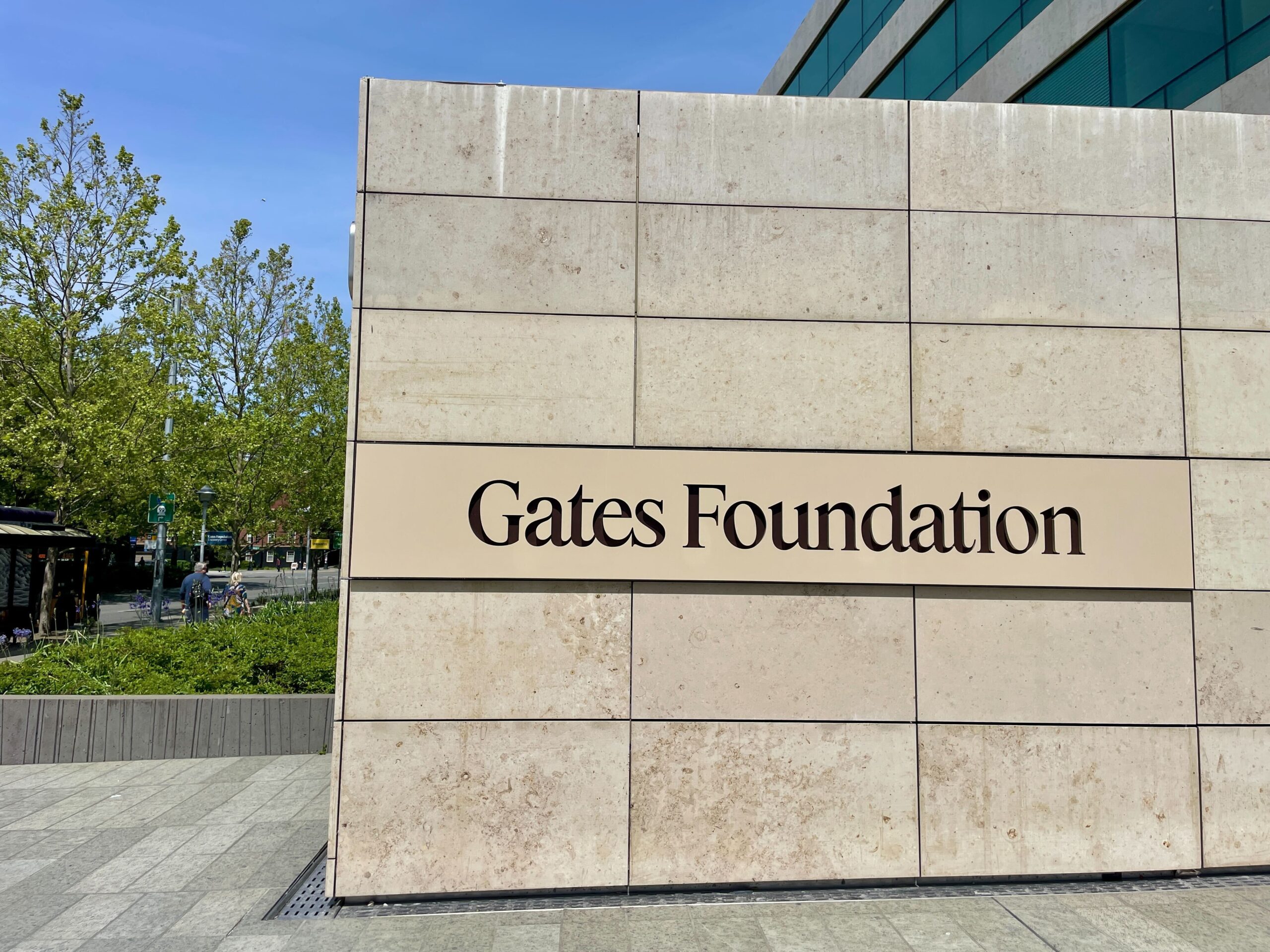Gates Foundation Commits $2.5 Billion to Global Women-Centered Health Innovations

………The Investment Targets Breakthroughs in Maternal, Menstrual, Gynecological, and Sexual Health Through 2030
By Fatima Saka
In a landmark move to close persistent gaps in healthcare for women, the Bill and Melinda Gates Foundation on Monday announced a $2.5 billion commitment through 2030 to catalyze a new wave of women-centered research and development (R&D).
The investment targets five chronically underfunded health areas that disproportionately affect women, especially in low- and middle-income countries.
The funding will accelerate more than 40 innovations aimed at improving obstetric care, maternal nutrition, menstrual and gynecological health, contraceptive options, and sexually transmitted infection (STI) treatment, including HIV prevention.
“For too long, women have suffered from health conditions that are misunderstood, misdiagnosed, or ignored,” said Dr. Anita Zaidi, President of the Foundation’s Gender Equality Division. “We want this investment to spark a new era of women-centered innovation, one where women’s lives, bodies, and voices are prioritized in health R&D.”
Chronic Underfunding of Women’s Health
According to a 2021 McKinsey analysis, just 1% of healthcare R&D is allocated to female-specific conditions outside oncology. Common but overlooked health issues such as endometriosis, menopause, preeclampsia, gestational diabetes, and heavy menstrual bleeding continue to suffer from research neglect—despite affecting hundreds of millions of women globally.
“This is the largest investment we’ve ever made in women’s health R&D,” Zaidi added. “But it still falls far short of what is needed. Women’s health is not just a philanthropic cause, it’s an investable opportunity with immense potential.”
Areas of Focus and Potential Breakthroughs
The foundation’s $2.5 billion will drive innovation in five priority areas identified for their potential to improve and save the most lives:
Obstetric Care and Maternal Immunization: Innovations aimed at making pregnancy and childbirth safer.
Maternal Health and Nutrition: Supporting healthier outcomes for mothers and newborns.
Gynecological and Menstrual Health: Advancing diagnostic tools and infection prevention.
Contraceptive Innovation: Developing more acceptable, non-hormonal, and user-friendly options.
STI Diagnosis and Treatment: Addressing the disproportionate burden of infections among women.
Breakthrough potential includes research into the vaginal microbiome, first-in-class treatments for preeclampsia, and next-generation, non-hormonal contraceptive methods.
Call for Global Collaboration
While this commitment is historic, the Gates Foundation emphasized that it cannot act alone. It is calling on governments, philanthropists, investors, and the private sector to co-invest in product development, data generation, and advocacy.
“Women’s health continues to be ignored, underfunded, and sidelined,” said Bill Gates, Chair of the Gates Foundation. “Too many women still die from preventable causes or live in poor health. That must change.”
Dr. Bosede Afolabi, professor of obstetrics and gynecology at the University of Lagos, welcomed the investment. “This commitment brings much-needed attention to the health challenges women face in places where resources are most limited and the burden is highest,” she said.
Economic and Generational Impact
The investment is expected to drive long-term economic and social returns. Research indicates that every $1 invested in women’s health generates $3 in economic growth, and closing the gender health gap could add $1 trillion annually to the global economy by 2040.
The initiative supports the Gates Foundation’s broader goals through 2045, including ending preventable maternal and child deaths, eradicating infectious diseases, and lifting millions out of poverty.
It builds on a 25-year legacy of maternal and child health efforts and complements ongoing work to scale up women’s health commodities and vaccines, including HPV.
As the world grapples with deep-rooted gender health disparities, this new era of women-centered innovation, announced Monday, offers a bold path forward: placing women not just at the center of care, but at the forefront of global health advancement.





